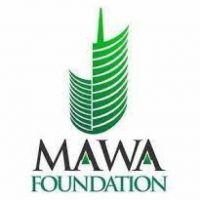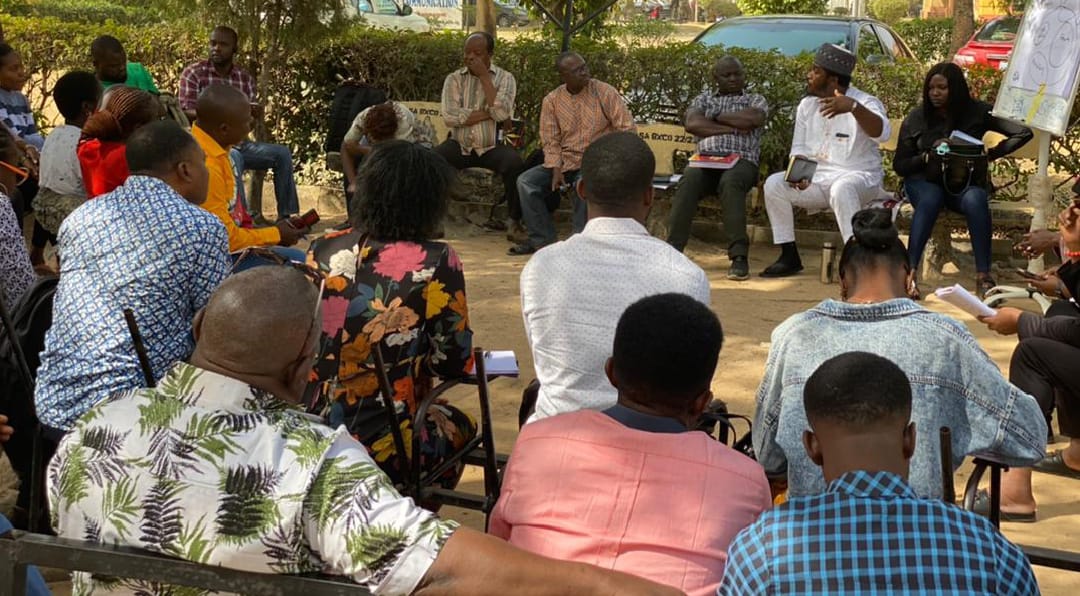Policymakers, development agents, and communicators often disregard the involvement of the people in the dialogue and negotiation on issues affecting them. Rather, we often impose ready-made solutions as a replacement for local knowledge and solutions.
Policymakers and development practitioners often fail to realize that participatory communication holds the key to an inclusive decision-making process that facilitates trust-building and strengthens local ownership of intervention projects.
Participatory communication births consultation, negotiation, and listening to communities and encourages their participation in issues affecting them. In our experience in the application of participatory communication in MAWA-Foundation, we found that it drives innovation in community mobilization through an interactive process that provides community members and strategic stakeholders an opportunity to discuss and find solutions to issues affecting them.
Our field experiences have shown that participatory communication is an effective approach to engaging with communities and tapping into existing local knowledge that widens development agents’ and policymakers’ knowledge on how to formulate effective and sustainable solutions.
As good and effective as participatory communication is, we have since found out that making it work is not always easy, and it does not have a uniform application. Every situation needs a specific approach based on local community needs. We have also found that the most successful we have recorded in participatory communication were the ones we leveraged on the existing community structure. Often it is expensive and time-consuming. Most disturbing to us is that many donors put organizations under pressure for quick project delivery and results, and this makes participatory communication poorly carried out.
In Nigeria for instance, many Non-Governmental Organizations (NGOs) and government agencies do not find it easy and necessary to re-organize their communication structure and objective to accommodate participatory communication. Many of them, see communication as just information dissemination using conventional media platforms.
The challenge for NGOs and policymakers is the ability to reorganize their communication structure and objective, and effectively convince development partners to incorporate and fund participatory communication as a cardinal integral part of project implementation.
Beyond funding, NGOs and government agencies must build internal development communication skills that will move them away from viewing communication as just information dissemination to seeing communication as an engine of development that will lead to (1) informing and educating the people (2) getting the people to be part of the process, and (3) getting the people to take action.
In all our development work, we must embrace participatory communication as a cardinal approach in all project circles. This is because it provides solutions that are locally suitable and locally owned. It does not allow the imposition of ready-made solutions that are not suitable for the community, it creates room for dialogue and negotiation, builds trust, and guarantees sustainability.
Audu Liberty Oseni, Coordinator MAWA Foundation & Director of Communication, Centre for Development Communication

